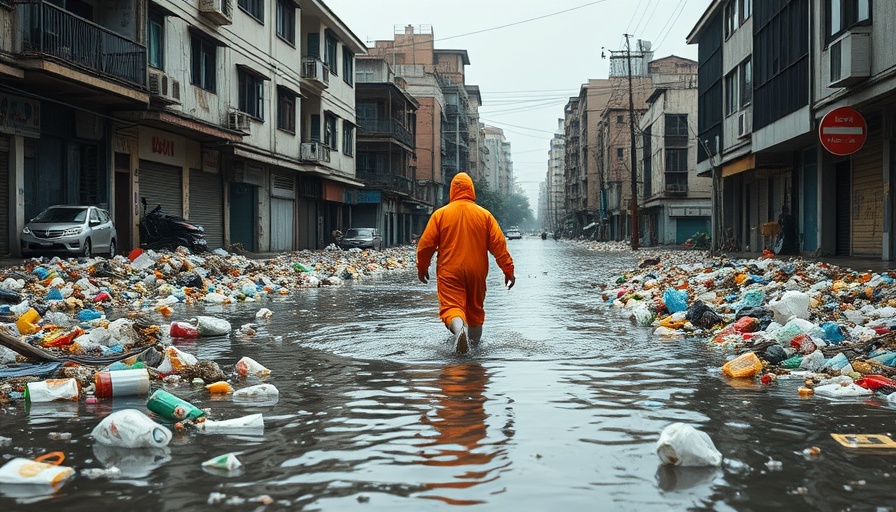
UN’s Groundbreaking Decision: A New Era for Climate Accountability
The International Court of Justice (ICJ) has made a significant ruling on July 23, 2025, stating that nations can face legal accountability for their greenhouse gas emissions. This advisory opinion, while not legally binding, is a pivotal moment that clarifies the implications of international law on climate change and the responsibilities of individual states. With a unanimous decision from all 15 judges, the court acknowledges the urgent need for countries to address their contributions to climate change and potentially offers a pathway for reparations for those affected by climate-related disasters.
Why the ICJ's Opinion Matters
The ICJ’s ruling stems from a campaign led by Pacific island students who sought to hold major polluters accountable for their greenhouse gas emissions. Their efforts highlight the emerging demand for climate justice in international law. Vanuatu's push for the advisory opinion, backed by 105 countries, reflects a growing concern among vulnerable nations that climate change poses an existential threat. This opinion challenges the traditional norms of accountability in international relations, emphasizing that country leaders can be held responsible for environmental degradation.
The Path to the Advisory Opinion: A Tale of Unity
The journey to this landmark decision began with a grassroots movement fueled by the passion and determination of young Pacific Islanders. The Pacific Island Students Fighting Climate Change (PISFCC) mobilized support from various organizations, leading to international diplomacy that resulted in the UN General Assembly’s endorsement. This collective action shows how unified voices can shift global focus towards sustainability practices and responsible consumption in policymaking.
Climate Action and Legal Accountability: Next Steps
With the ICJ’s guidance to limit global warming to 1.5°C, nations are encouraged to take significant steps towards sustainable solutions. By recognizing climate harms as internationally wrongful acts, the ruling empowers vulnerable nations to demand reparations, fostering a sense of urgency to implement green technologies and practices. Furthermore, the opinion may influence domestic policies, urging states and corporations to transition to renewable energy sources and reduce their carbon footprint.
The Innovative Shift towards Sustainability
As countries face potential legal ramifications, there is a growing opportunity for businesses and individuals to adopt sustainable practices. From investing in renewable energy and adopting eco-friendly products to embracing circular economies and community gardens, the call to action emphasizes a collective move towards a sustainable future. The market for environmentally conscious solutions, such as ethical fashion and green energy, is expanding rapidly, and now is the time for consumers to support these initiatives.
Conclusion: A Call for Collective Action
In light of the ICJ’s advisory opinion, it is essential for individuals and communities to take action. By opting for sustainable living, engaging in ethical consumerism, and advocating for climate justice, it is possible to contribute to a healthier planet. Each step towards reducing waste, embracing green initiatives, and making conscious choices brings us closer to achieving a sustainable future. Together, we can pave the way for accountability in tackling climate change.
 Add Row
Add Row  Add
Add 



Write A Comment